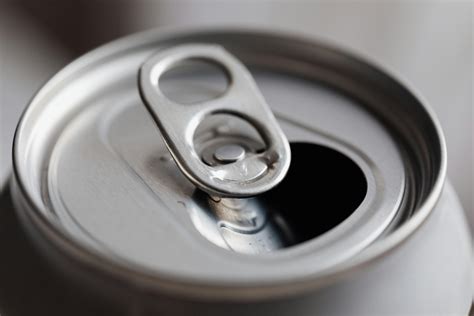Understanding Stubborn Belly Fat in Men
Belly fat, particularly the kind that seems to cling stubbornly to a man’s midsection, isn’t just a cosmetic concern. It often indicates higher levels of visceral fat, which wraps around internal organs and is linked to serious health risks like heart disease, type 2 diabetes, and certain cancers. While all fat loss requires a calorie deficit, men often find reducing abdominal fat particularly challenging due to hormonal differences, genetics, and lifestyle factors. Understanding the nature of this fat is the first step towards effectively tackling it.

Targeted Dietary Strategies for Fat Loss
Rapid and sustainable belly fat reduction begins in the kitchen. Focusing on a balanced, nutrient-dense diet is paramount.
- Create a Calorie Deficit: To lose fat, you must consume fewer calories than you burn. A moderate deficit (300-500 calories per day) is sustainable and effective.
- Prioritize Protein: Protein helps preserve muscle mass during weight loss, increases satiety, and has a higher thermic effect (burns more calories during digestion). Aim for 1.6-2.2 grams per kilogram of body weight.
- Increase Fiber Intake: Soluble fiber, found in oats, beans, fruits, and vegetables, can help reduce visceral fat by promoting gut health and reducing appetite.
- Choose Healthy Fats: Incorporate monounsaturated and polyunsaturated fats (avocados, nuts, seeds, olive oil) while limiting saturated and trans fats.
- Limit Sugars and Refined Carbs: These contribute significantly to belly fat accumulation. Focus on complex carbohydrates like whole grains.
- Reduce Alcohol Consumption: Alcohol, especially beer, can contribute to “beer belly” and provides empty calories that are often stored as visceral fat.

Effective Exercise Regimens
While diet is crucial, a well-rounded exercise plan accelerates fat loss and improves overall health.
- High-Intensity Interval Training (HIIT): Short bursts of intense exercise followed by brief recovery periods are incredibly effective for burning calories and fat, including visceral fat, both during and after the workout.
- Strength Training: Building muscle mass increases your resting metabolic rate, meaning you burn more calories even at rest. Focus on compound movements like squats, deadlifts, presses, and rows, 2-4 times per week.
- Cardiovascular Exercise: Moderate-intensity cardio (jogging, cycling, swimming) for 30-60 minutes, 3-5 times per week, contributes to overall calorie burn and cardiovascular health.
- Core-Specific Work: While spot reduction isn’t possible, strengthening your core muscles (planks, crunches, leg raises) improves posture and can give your midsection a more toned appearance once fat is lost.

Crucial Lifestyle Factors
Beyond diet and exercise, several lifestyle elements play a significant role in managing belly fat.
- Prioritize Sleep: Lack of sleep disrupts hormones that regulate appetite (ghrelin and leptin) and can increase cortisol, a stress hormone linked to belly fat storage. Aim for 7-9 hours of quality sleep per night.
- Manage Stress: Chronic stress also elevates cortisol levels. Incorporate stress-reducing activities like meditation, yoga, deep breathing exercises, or hobbies into your daily routine.
- Stay Hydrated: Drinking plenty of water supports metabolism, aids in satiety, and helps the body function optimally.

Sustainability and Long-Term Success
Quick results are motivating, but sustainability is key to keeping the fat off. Focus on creating habits you can maintain long-term rather than extreme, short-lived diets. Be patient, as fat loss, especially from stubborn areas, takes time and consistency. Monitor your progress with regular weigh-ins and measurements, but don’t obsess over daily fluctuations. Celebrate small victories and adjust your approach as needed. Remember, this is a journey towards better health, not just a finish line.

When to Seek Professional Guidance
If you’ve consistently applied these strategies and are still struggling with stubborn belly fat, or if you have underlying health concerns, consulting a doctor, registered dietitian, or certified personal trainer can provide personalized advice and rule out any medical conditions affecting your weight loss journey.




